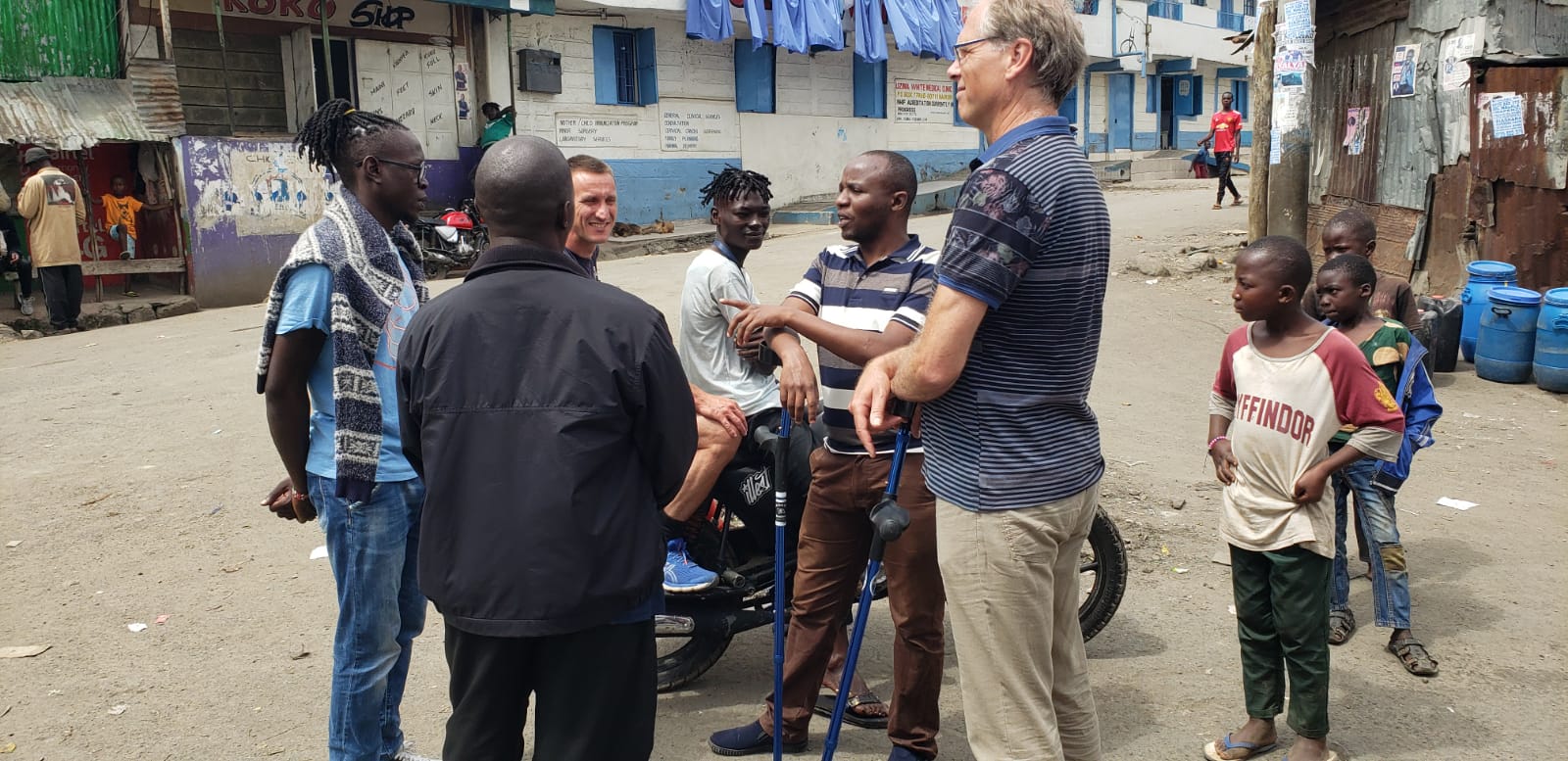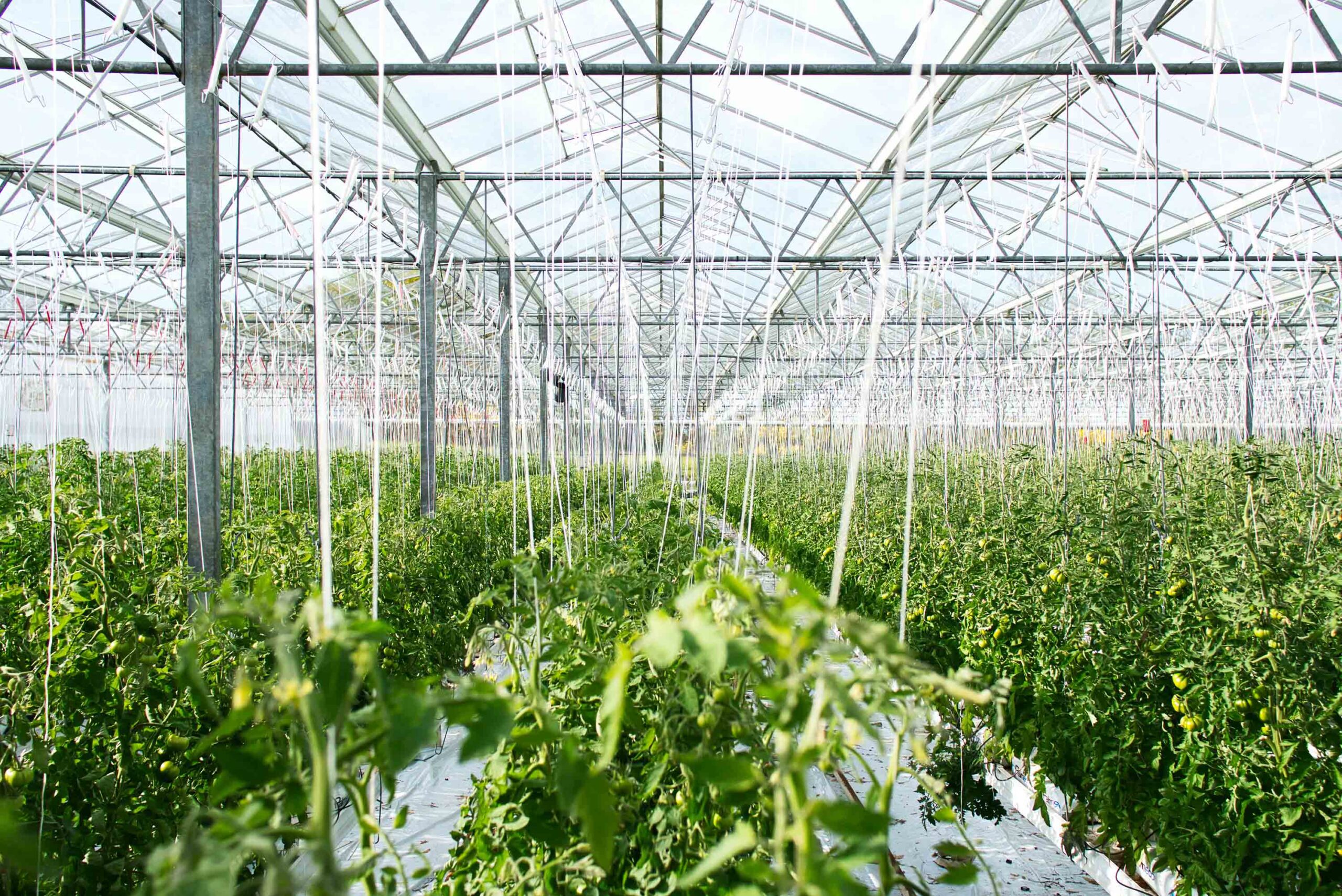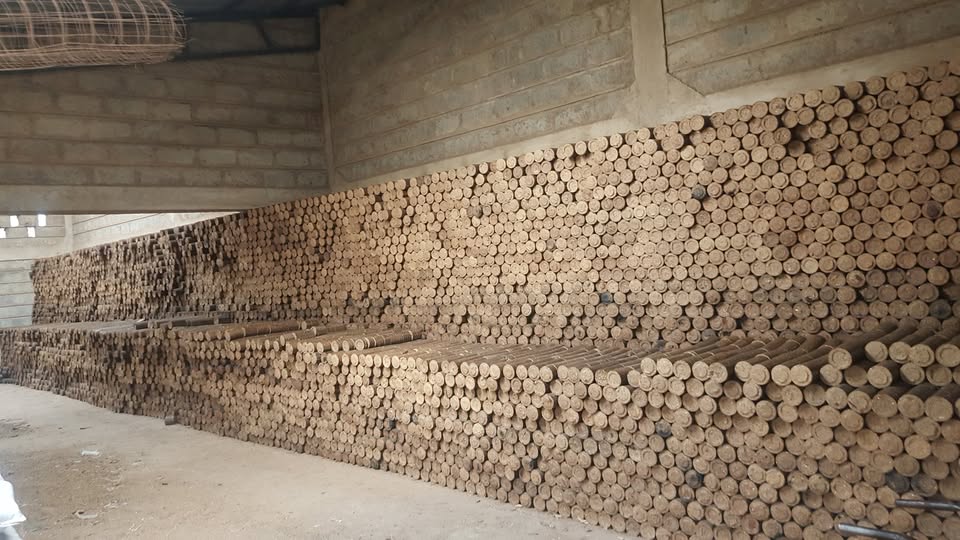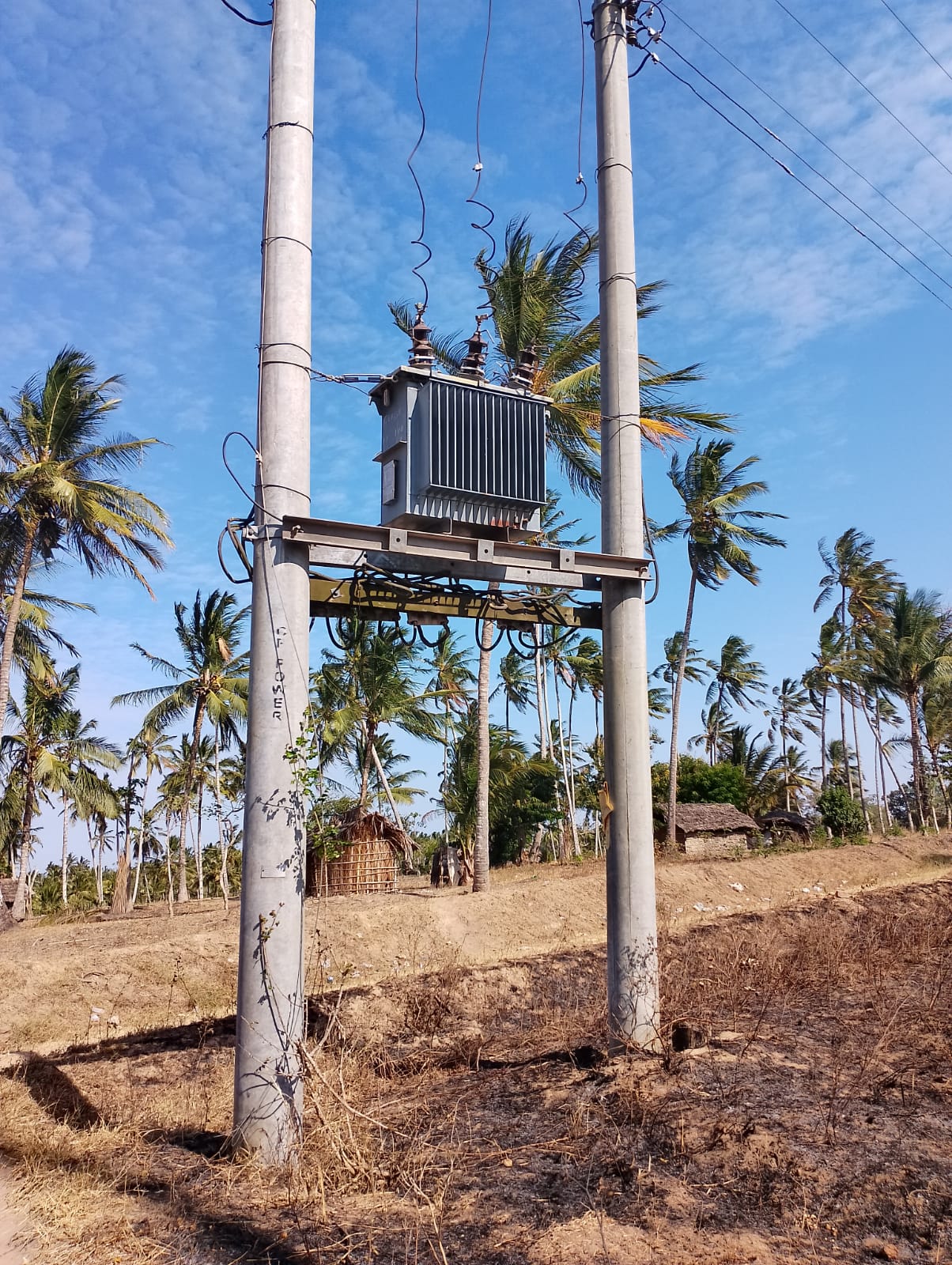project details
Electric Cooking in Urban Informal Settlements
Research Area
Energy Access
Project Status
Completed
Start Date
Feb, 2022
Project Team
Elsie Onsongo
Rosebella Nyumba
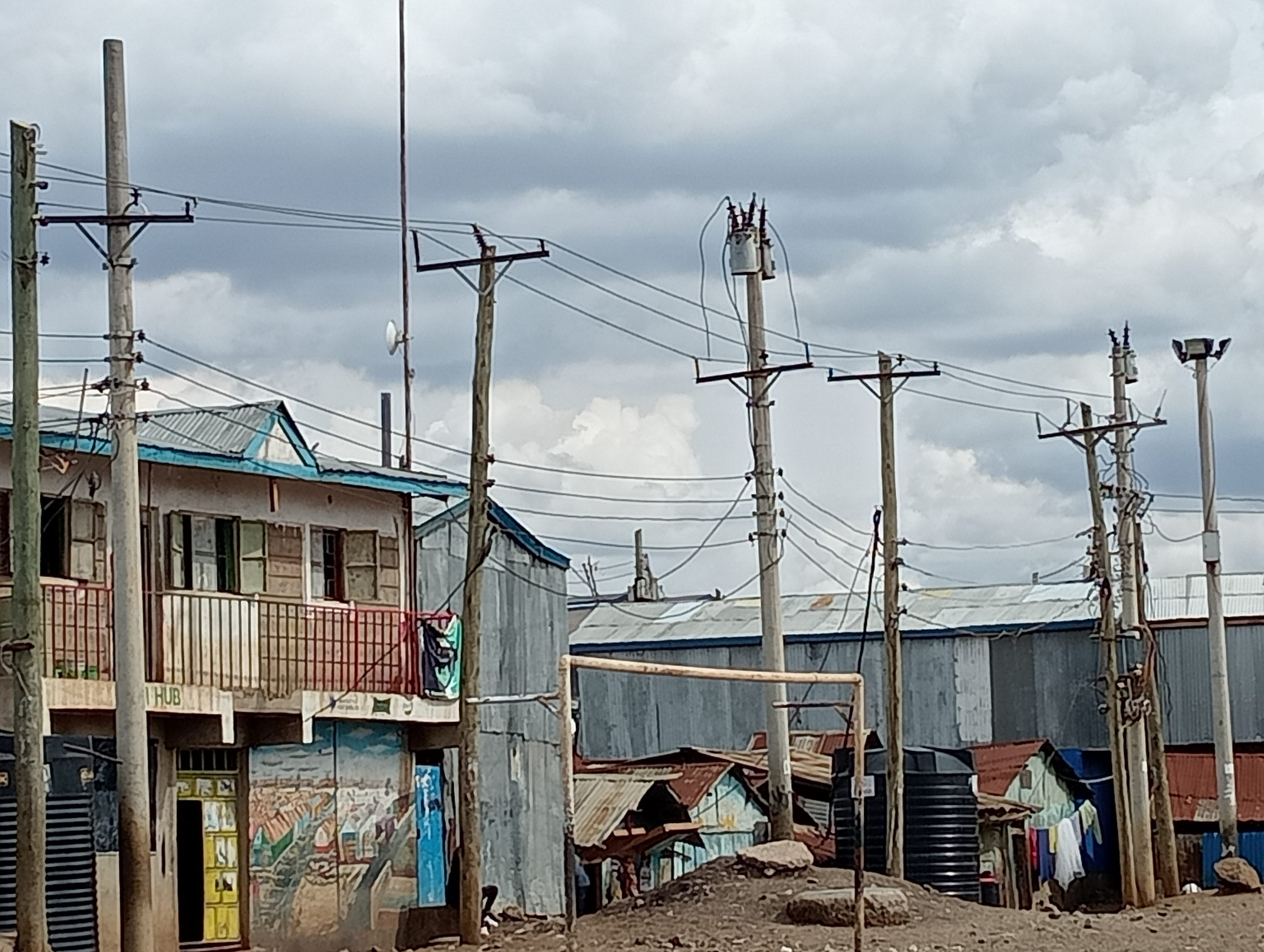
Project Overview
Campaigns for electric cooking adoption have primarily focused on high- and middle-income households, but targeting low-income households is crucial. eCooking could have a much more significant social impact in informal urban settlements, where unsafe fuels like charcoal and kerosene are commonly used. Kenya Power’s Last Mile Connectivity Programme has connected many low-income households, but faces issues such as low electricity usage and meter misuse. Adopting eCooking could offer significant economic, health, and safety benefits while increasing legal electricity demand. However, challenges such as high appliance costs, limited awareness, informal connections, and poor wiring persist. A timely scoping study was therefore needed to inform a market development intervention promoting access to eCooking appliances for households and businesses in these areas.
This project aimed to conduct market scoping on e-cooking opportunities in Nairobi’s informal urban settlements, with the goal of informing a market development intervention to promote access to and usage of eCooking appliances for households and food enterprises. As part of the eCooking Capacity Building and Market Development Programme (eCAP), implemented by Kenya Power and the MECS programme, this project was conducted alongside the development of the eCooking strategy.
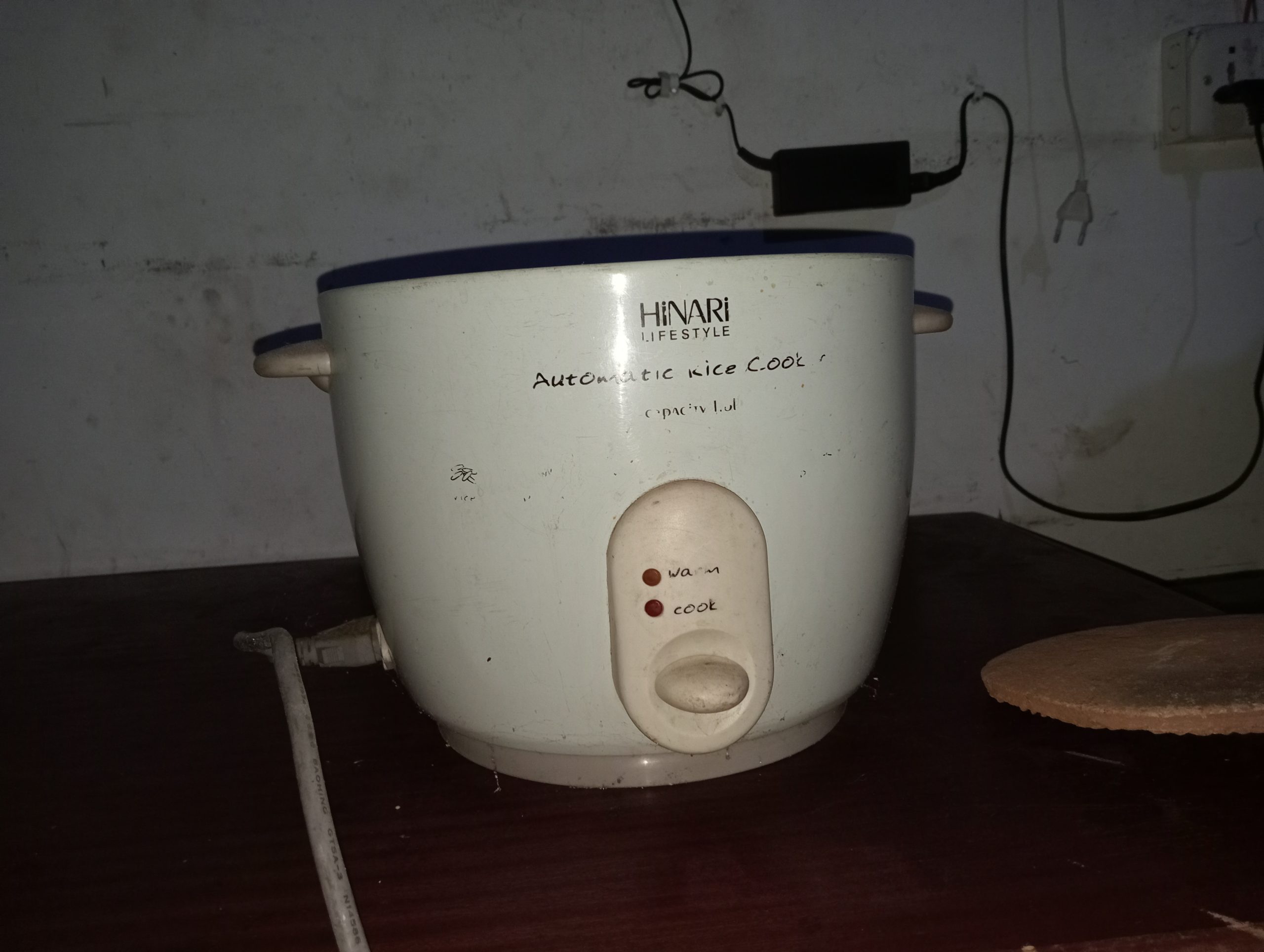
Methodology
This study employed a dynamic approach, utilising both qualitative and quantitative research methods, as follows:
- A household survey of 350 households and business vendors within the informal settlement of Mathare
- Spatial mapping of the locations of all cookstoves and fuel vendors within the settlement to understand the distribution of energy service providers
- Key informant interviews with community members and leaders, energy service providers, local authorities, Kenya Power, among others
- Focus group discussions with households in Mathare, Kibera and Mukuru
- On-site eCooking demonstrations to train hosueholds on using eCooking appliances and to raise awareness on eCooking.
- Cooking diaries documenting menus and cooking practices of households and food businesses over a one-month period.
Outputs
Partners
Modern Energy Cooking Services (MECS) Programme, Gamos East Africa, Loughborough University, Kenya Power
eCooking Capacity Building & Market Development Programme (eCAP), was co-funded by UK Partnering for Accelerated Climate Transitions (UK PACT), Modern Energy Cooking Services (MECS) Programme, and the Climate Compatible Growth (CCG) programme.
eCAP aim was to accelerate the electrification of cooking in Kenya by strengthening Kenya’s emerging eCooking sector by filling critical evidence gaps that can inform both the National eCooking Strategy & Kenya Power’s corporate strategy and piloting a range of market ready innovations.
See More Projects
Physical Address
No. MK088, Ushindi West Avenue,
Mukuyu Rd (Mukuyu West Wing), Thome 1
Nairobi, Kenya
Organization
Subscribe for newsletter & get news, events and publications updates
Contact Us
Office Tel: (+254) 20 8009928 |
Mobile: (+254) 706 324 467
© 2025 Nuvoni Research

